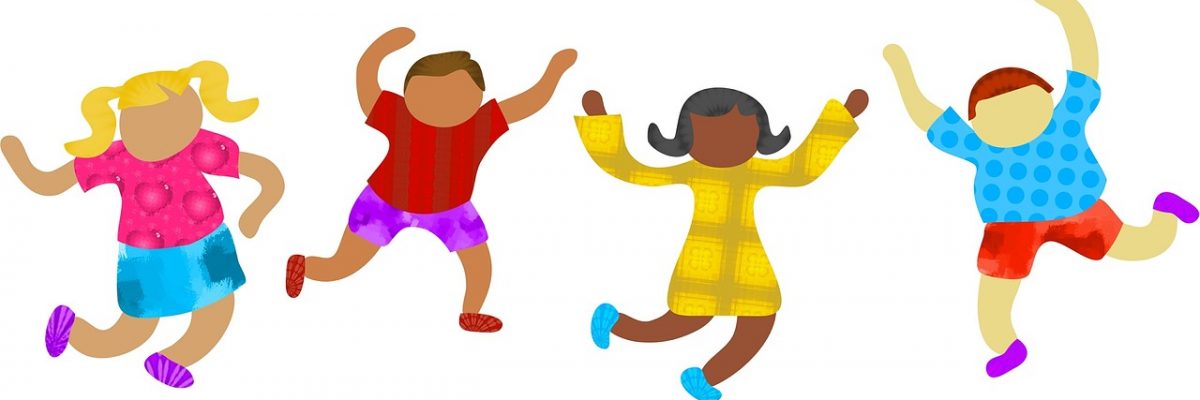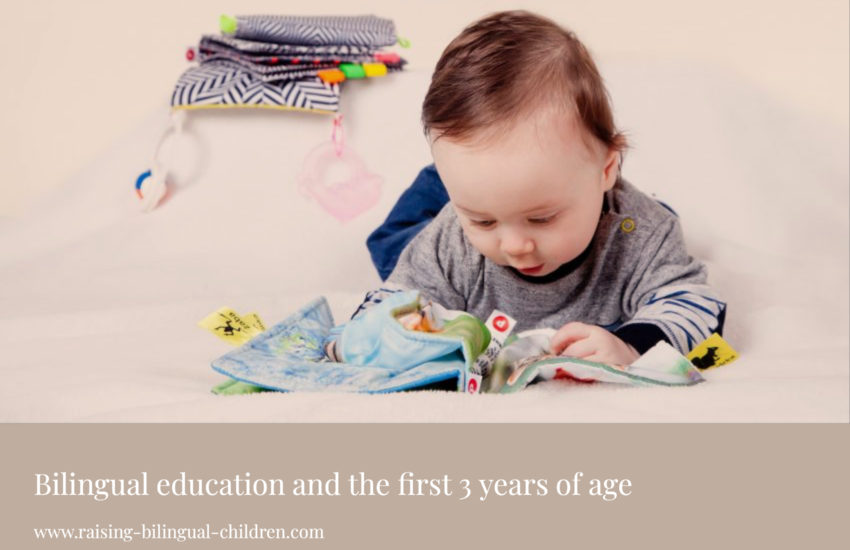Most authors agree that the sooner you begin to educate children bilingually the better. The truth is that starting soon has certain advantages, such as the fact that babies / children are like sponges at this stage and absorb new things easily; at the same time, parents still have a great influence on the development of their children in these early years.
The development of language in children is a wonderful process that begins even before birth, in the mother’s belly. The different stages children go through in the learning of a language between 0 and 3 years can be summarized as follows:
• Learn the melody of the language
• Produce loose sounds (each language has its special characteristics)
• Speak and understand words
• Understand the structure of communication. For example you look into your eyes when you talk, one speaks and the other listens
• Learn non-verbal communication. Much of the communication in humans is non-verbal, tone of voice, gestures, body fitness etc…
In bilingual education the challenge is to achieve this curriculum in different languages. Those who educate bilingually must therefore put special emphasis on the child receiving sufficient impulses in the different languages, according to the previously agreed norm in the family on how to educate the child bilingually.
In this first stage parents and people in charge of the regular care of children can contribute a lot to the development of the language of the baby and the young child, since children are very open to learning and do not have much chance to refuse or express their opinion about it .
Personal communication is essential, it is important to talk with the baby / child, pay attention, listen to it, encourage it. Parents and caregivers can actively teach single words, simple sentences, simple questions. This is achieved through constant communication with the baby and small child, but also through listening to songs, rhymes or simple stories. It is the best time to start rituals of reading stories, telling stories, singing songs or rhymes. Books made by cloth and books in a small format work very well at this stage, as well as the simple electronic games of words and songs and puzzle games of shapes and colors.




